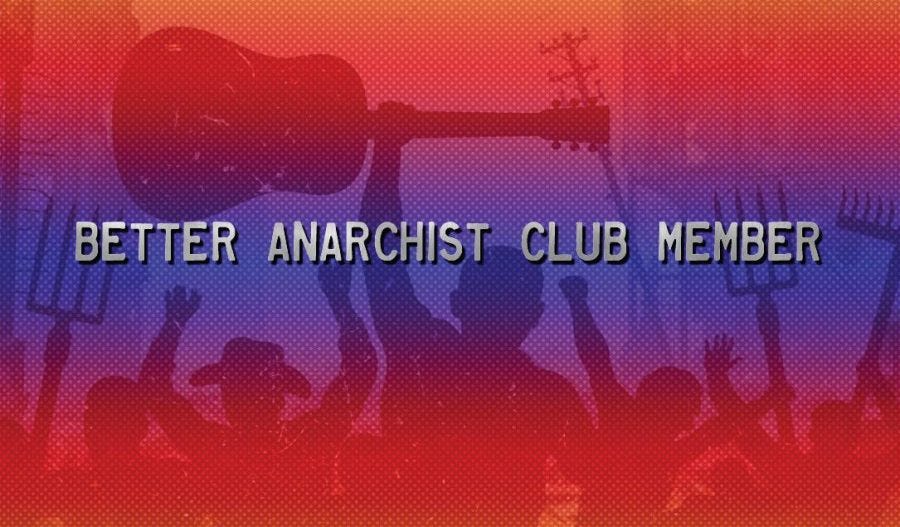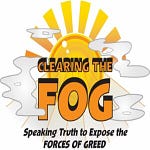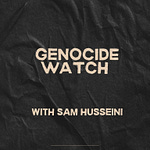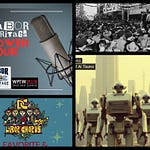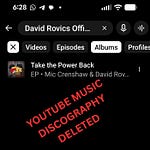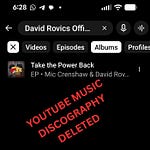I really don't actually enjoy talking about myself and especially personal details about how challenging it is to survive as an artist these days, but that's what I'm going to do now.
For those of you from the US who listen to NPR or Pacifica stations, you're familiar with the basic idea. The usual scintillating content gets replaced several times a year by various folks adlibbing about how great they are, along with everything they do. They talk about the amazing, free content they put out there all the time. They use a bit of a carrot-and-stick approach, trying to make you feel a bit guilty if you don't support the station, while encouraging you to get that warm, fuzzy feeling, along with the coffee mug and the tote bag, by becoming a patron, a supporter, a member of this wonderful, beneficent club.
There's a very predictable routine to these fund drives, but at the same time, it's all very real, with the survival of the station at the center of the endeavor. And for me it's exactly the same. Also for lots of other artists out there, but as this is a station break for me, I'll focus on that.
Once upon a time I never needed to engage in this crowdfunded, public radio-style business model, but that was back in the days when rent was cheap, college gigs were plentiful, and I sold several thousand CDs in an average year. As income streams began disappearing and expenses kept rising, many artists quit doing their art fulltime, and got other jobs. Those that didn't were either already doing well enough that they could afford to survive on a fraction of their former income, they were independently wealthy, or they were really good at begging -- or what they call in polite circles fundraising, or crowdfunded patronage.
In the old days, composers and painters would hook up with wealthy patrons, write symphonies in their honor and impress all their wealthy friends, or paint their portraits and impress their wealthy friends that way. In many ways, pop stars and major record labels have had a similar relationship, particularly in the latter twentieth century.
Independent artists like me, however, even back in the twentieth century, didn't used to need wealthy patrons or record labels. If people liked my music, they bought my CDs at my shows. It was a nakedly transactional relationship in a way, and it worked just fine. That ended 11 years ago with real finality, when Spotify introduced their free tier. I have honestly been scrambling ever since to make ends meet, during which time the rent has more than doubled, which makes the scramble a never-ending one.
The response from my friends, fans, and others in my circles when I started doing the crowdfunded patronage thing in 2013, my Community-Supported Arts program or CSA, was amazing. I was ready to look for some other way to pay the rent, but because of the response to this new initiative, I didn't have to do that. And the numbers continue to grow over the years, with approximately 10% of the folks on my email list being paid subscribers on one platform or another (via my website, Patreon, Substack, or Bandcamp).
Unfortunately, however, especially in the past year or so, expenses have been rising faster than earnings. This is largely because my family is in a different tax bracket now and we no longer qualify for food assistance, which went from being a substantial part of our income every month, to nonexistent.
So, at this point in the pitch, if we were trying to solicit donations for the local Pacifica station, I'd start telling you about how great our programming is, that you hopefully are enjoying for free on your morning commute. Well, if you're one of the 20% of those receiving emails from me via Substack who opens the emails, you may have noticed that I've spent much of my time over the past 6 months obsessively writing songs and essays related to Israel's war against the people of Gaza.
You can see why the people at the radio stations are embarrassed by doing this self-promotional pitching. The programming you may appreciate on these stations is often about a whole lot of really horrible stuff -- wars, famines, earthquakes, etc. Who wants to profit from that? I sure as hell don't. And really, thankfully, no one is profiting from my work, or at least I'm not -- just attempting to live with a roof over my family's heads. And it's undeniably true that if I don't come up with the rent every month, I can't be spending so much time writing and recording songs about genocide, or anything else.
In the public radio pitch, after making sure you know how great and perhaps even impactful their free programming is, they go for the jugular, asking how much is it worth to you, dear listeners? What's the value of a song?
Although we're talking here about crowdfunded patronage, where no single wealthy patron is commissioning pieces, where no record company is demanding yet another love song with hit potential, I am very happy to offer songwriting on commission! While it's true that there are a couple songs I've taken years to try to deliver on because of particularly challenging subject material, I usually can produce a really good song pretty quickly on most topics.
Starting at the $2-a-month level, patrons who sign up via Patreon or Substack get access to the "Everything" folder, containing everything I've ever recorded in a studio, and lots of other subscriber-exclusive digital goodies. Starting at the $5-a-month level, I'll send you physical goodies in the mail as well, including CDs, vinyl records, t-shirts, stickers, and a subscriber-exclusive, Better Anarchist Club card. Higher levels of patronage include house concerts and song commissions -- and whether you're signing up on a recurring basis or just as a one-off thing, it's all good. Gift subscriptions, too!
For my next missive, we'll either return to our regular programming, or I'll tell you about my new plans to find another line of work.


